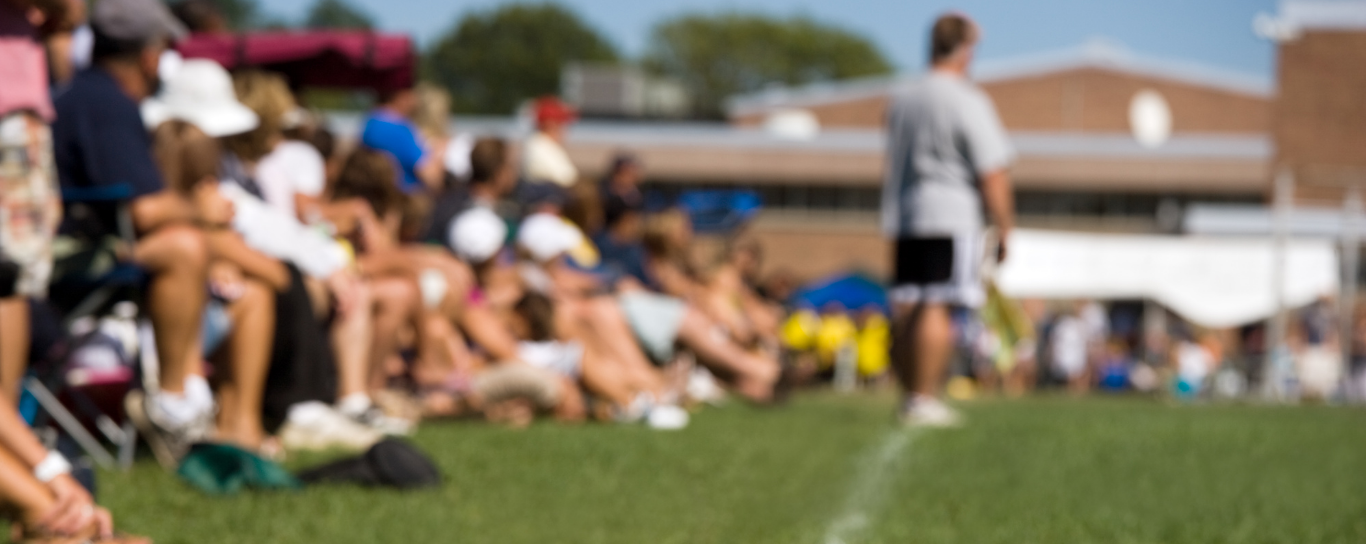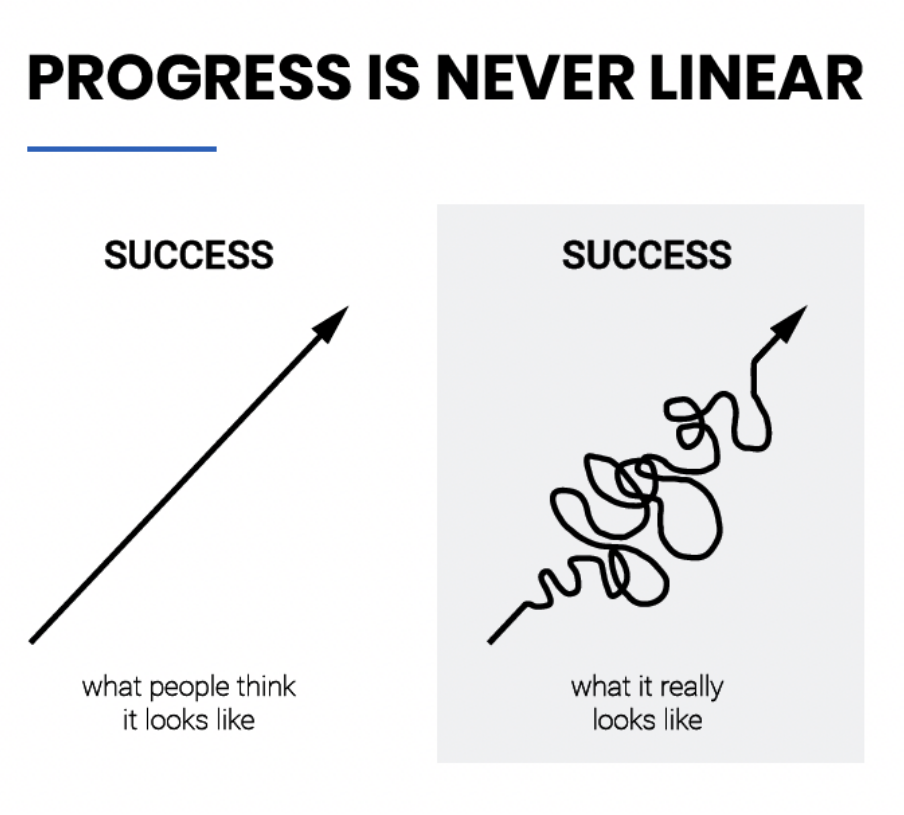
The Ups, Downs, and Everything Between
Player development is rarely a straight line.
One week your child feels unstoppable, the next they’re struggling to make a simple pass.
That doesn’t mean they’re off track. It’s all part of learning and progress isn’t always easy to see. Growth often happens quietly, especially during the times when things don’t seem to come together.
The challenge for parents is staying calm and supportive during the ride.
Growth Isn’t Linear
Many parents imagine progress as a steady climb, but for young players, it’s more like a rollercoaster. There are steep climbs and big dips before things move forward again.

Learning in soccer, and in life, happens through trial and error. When players make mistakes or seem inconsistent, it usually means they’re exploring and problem-solving which will pay off long term.
Research calls this non-linear development, the idea that learning doesn’t happen in smooth, predictable steps.
“Non-linear pedagogy… accounts for the nonlinearity seen in learning and provides ideas on design principles to support practitioners.”
(Chow et al., 2021, Frontiers in Psychology)
The ups and downs you see are not failure — they’re part of how the brain and body learn to adapt.
Confidence Fluctuates Too
Confidence rises and falls with performance. Even the best players lose belief when things get tough.
Your steadiness helps them stay grounded. Confidence grows from effort, not from being perfect.
After games or training, try asking:
-
“What did you learn today?”
-
“What went well?”
-
“What was hard about it?”
Simple questions like these help kids reflect instead of worrying about mistakes. Sometimes, the best support is giving space and letting them figure it out.
“Too much direct engagement [by parents] can come at a cost to kids’ abilities to control their own attention, behavior and emotions.”
Obradović et alStanford Project on Adaptation and Resilience in Kids (2021)
Comparison Slows the Ride
Every player develops differently. Some hit their stride early, others later.
When parents compare their child to others, it creates pressure that slows learning and can distract from what matters most: consistent effort and enjoyment.
Early success doesn’t guarantee long-term excellence, and slow progress doesn’t mean failure. What matters most is that your child stays curious and enjoys the process. Every player’s journey is their own.
Stay Steady Through the Waves
If development is a rollercoaster, parents are the safety bar. Your consistency gives your child confidence, especially when results or performances dip.
When things go well, celebrate effort and teamwork. When things feel hard, stay calm and patient.
Even elite (professionals) players plateau before they improve again. Progress takes time, and the best support you can give is belief in the process.
“Children who are praised for effort, not just ability, are more likely to embrace challenges and persist after setbacks.”
Carol DweckMindset: The New Psychology of Success
Final Takeaway
Progress in soccer isn’t predictable. Some days it clicks, other days it doesn’t, and that’s part of long-term learning.
The biggest thing parents can protect is their child’s joy and love for the game. When comparisons start, that joy fades — and once it’s gone, confidence usually follows. Confidence gives kids the courage to try, fail, and try again. Joy keeps them coming back.
The goal isn’t just to develop better players. The goal is to help them love the game enough to keep playing, no matter how bumpy the journey gets.


Want more youth soccer insights?
Our Insider shares practical tools to help kids thrive in youth soccer — with tips for parents, coaches, and players. From training ideas to parent support and player nutrition, all designed to support your player’s journey on and off the field

